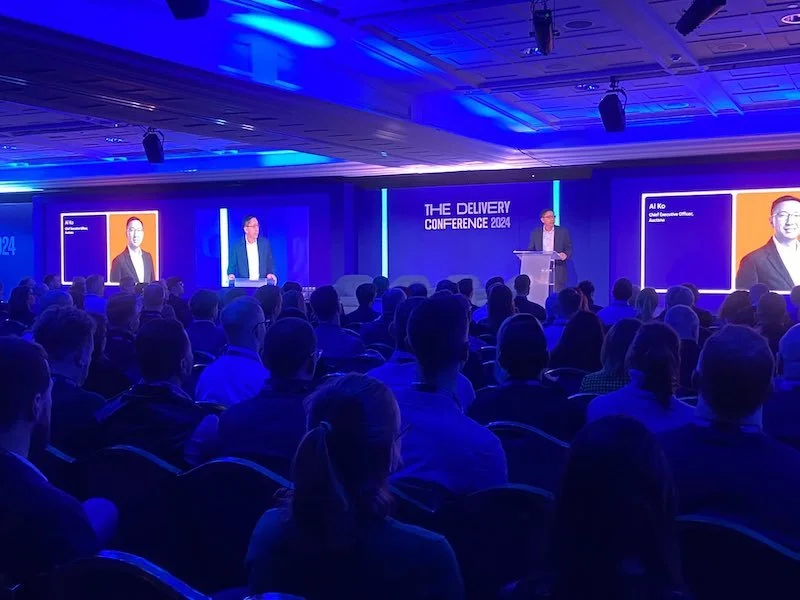Digital laggards fail to keep pace with switched on consumers
46% of British consumers believe Augmented Reality (AR) will positively impact retail, with Virtual Reality (VR) close behind (22%). Yet only 50% of retailers have a digital strategy to implement these technologies, according to Fujitsu’s Tech in a Transforming Britain Report.
2,000 people were surveyed for the research. Seven in ten said retail has already been dramatically transformed by technology. 45% feel it can improve the convenience and ease at which they access products and services. At the same time, however, 73% of retail leaders have no plans to implement VR in the next 12 months. 72% also said they have no plans to implement Artificial Intelligence (AI).
“Consumers have a clear appetite for technology and innovation and are ready and wanting more. When it comes to retail, consumers already say that they would be happy to be served by a robot in a supermarket or to have an automated machine to deliver their goods. This presents an exciting opportunity for retailers, who may have thought such futuristic technologies would have scared customers away, when actually it will entice consumers towards them more,” says Rupal Karia, MD, of the Commercial Sector, Fujitsu UK & Ireland.
Retailers who have embraced technology are positive about the changes. Increased productivity (35%), improved operational efficiency (37%) and business growth (44%) were all listed as benefits. Part of retailers’ reluctance to invest could be down to feeling disappointed by their return on investment. However, they cannot bury their heads in the sand, Karia argues.
"Two of the top three jobs that both consumers and businesses believe won’t exist in a decade’s time are shop assistants and shelf stackers which will once again dramatically change the retail landscape," she says. "Retailers need to ensure they are evolving with the technology that is ultimately going to change their business models, and have an agile vision and strategy in place that can adapt which the changing landscape, or they too may not exist in the next decade.”










